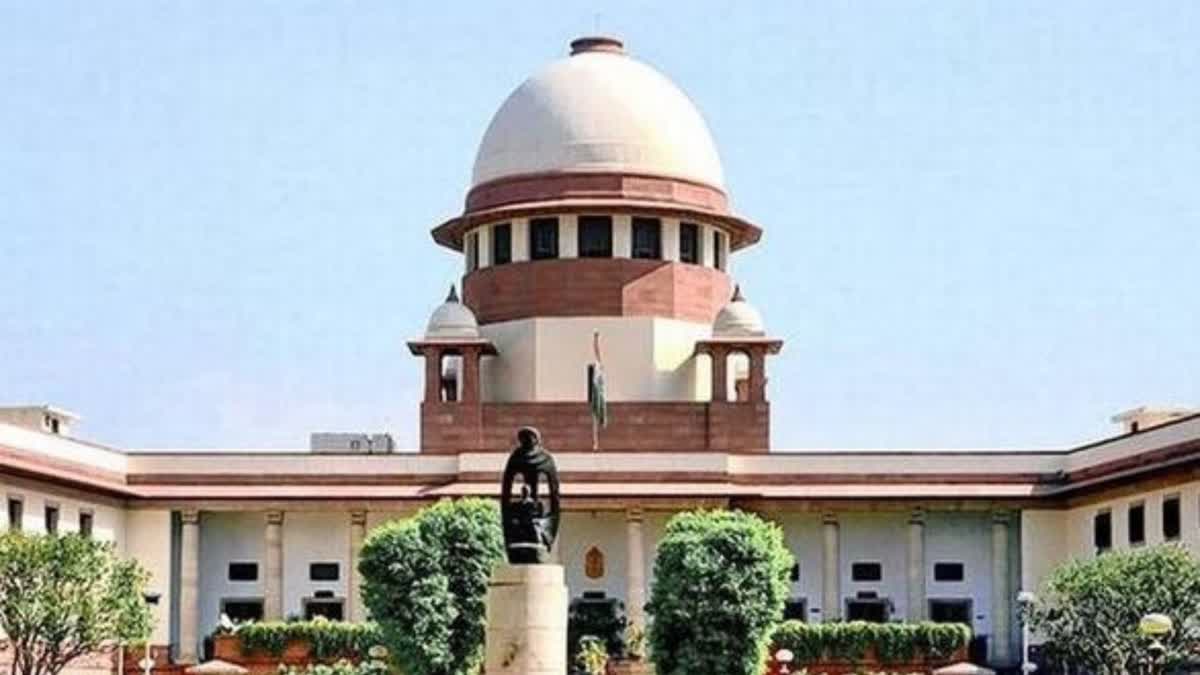New Delhi : The Hindu litigants have filed a caveat in the Supreme Court seeking a hearing if the Muslim side approaches it challenging a recent order of the Allahabad High Court which rejected a plea against the maintainability of 18 cases related to the temple-mosque dispute in Mathura.
The caveat has been filed through advocate Vishnu Shankar Jain to ensure that no ex-parte order is passed against the Hindu litigants if the other group moves the top court.
A caveat application is filed by a litigant to ensure that no adverse order is passed against him or her without being heard. On August 1, the high court rejected a plea challenging the maintainability of 18 cases related to the Krishna Janmabhoomi-Shahi Idgah dispute in Mathura and ruled that the religious character of the mosque needs to be determined.
The court had dismissed the Muslim side's contention that the suits filed by Hindu litigants relating to the dispute over the Krishna Janmabhoomi temple and the adjacent mosque violated the Places of Worship (Special Provisions) Act -- and was thus not maintainable.
The 1991 Act prohibits changing the religious character of any shrine from what existed on the day of the country's Independence. It exempted only the Ram Janmabhoomi-Babri Masjid dispute from its purview.
The cases filed by the Hindu side seek the "removal" of the Aurangzeb-era mosque they claim was built after demolishing a temple that once stood there.
The Hindu litigants claim the mosque holds signs suggesting that it was a temple once.
The mosque management committee and the UP Sunni Central Waqf Board had argued that the suits were barred under the Places of Worship Act and other laws. On May 31, the Allahabad High Court reserved its judgment on this maintainability plea after hearing both sides. However, the court reopened the hearing at the request of Shahi Idgah's counsel Mehmood Pracha.
The high court has now fixed August 12 as the date for framing of issues. The Mathura dispute mirrors the legal tussle in Varanasi, where the Gyanvapi mosque and the Kashi Vishwanath temple are located next to each other.
Last December, the Allahabad High Court dismissed pleas challenging the maintainability of a 1991 suit seeking the restoration of a temple where the Gyanvapi mosque stands. "Either the Gyanvapi compound has a Hindu religious character or a Muslim religious character. It can't have a dual character at the same time," Justice Rohit Ranjan Agarwal had then said while ruling that the Varanasi case was not barred under the Places of Worship Act.



